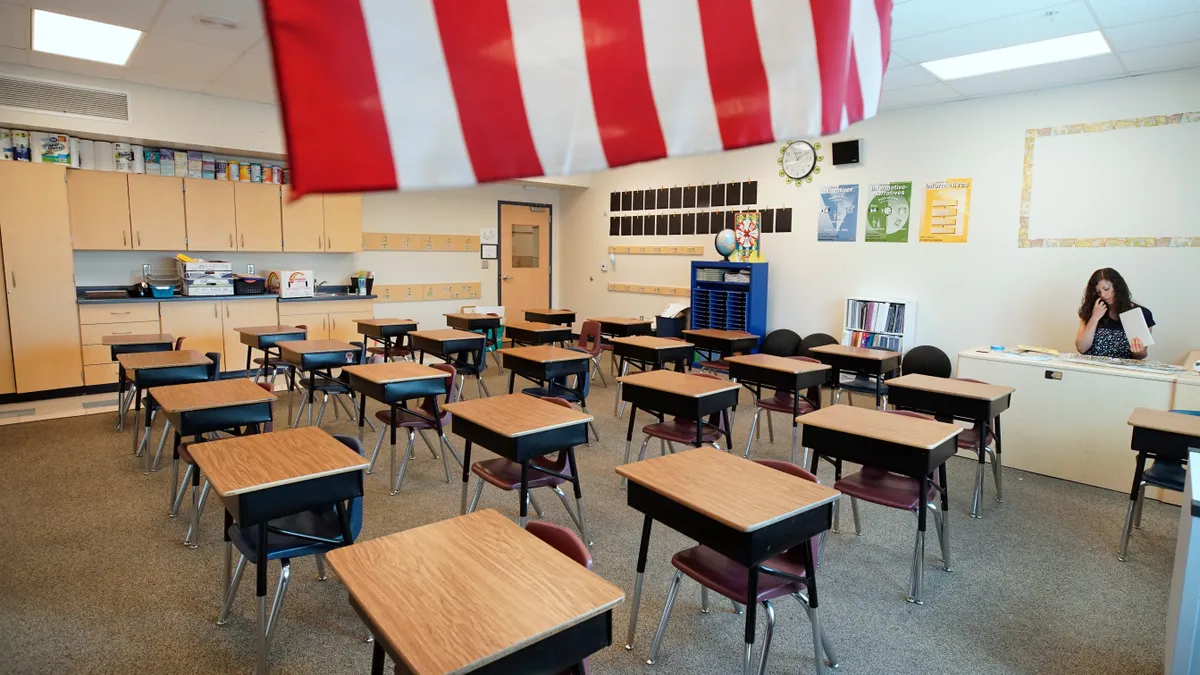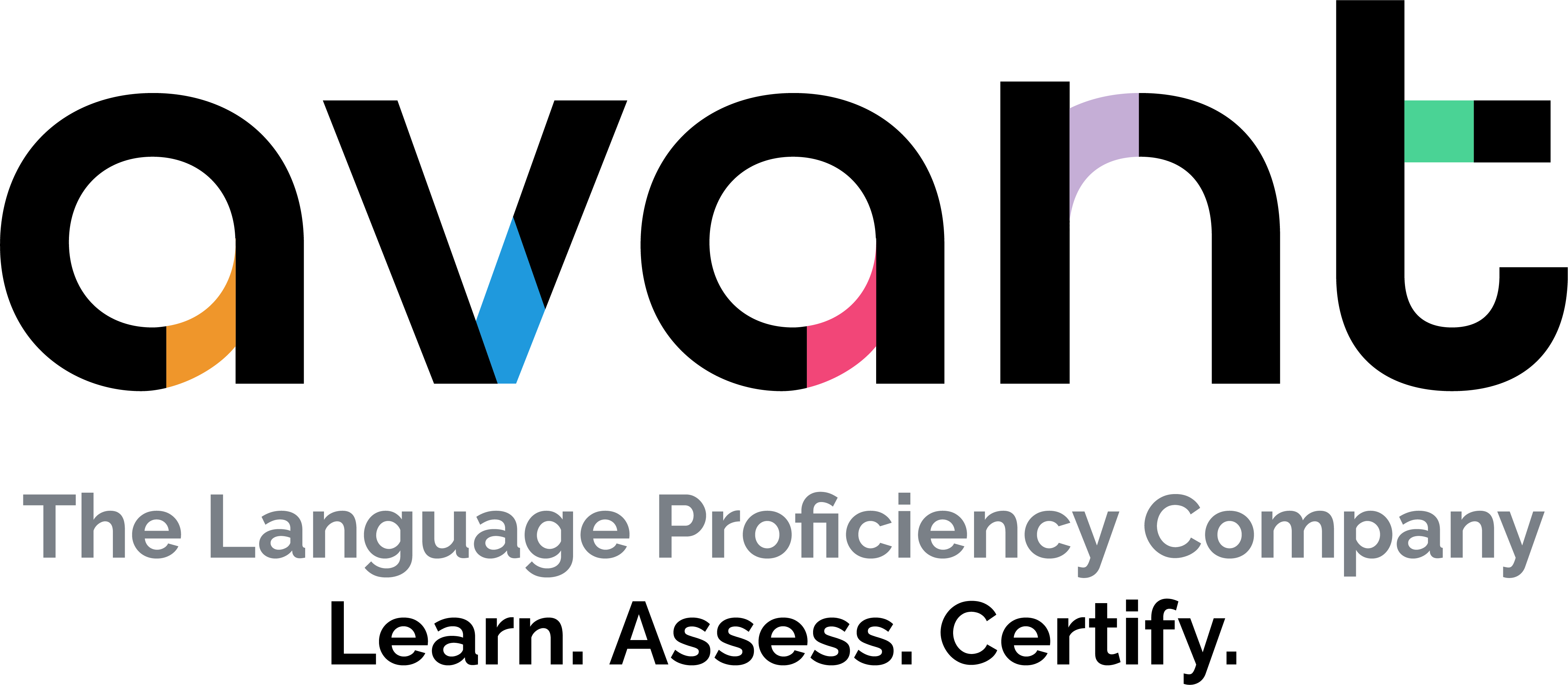Dive Brief:
- In 2022, 36 states introduced 137 bills seeking to restrict instruction on topics like race, gender, sexuality and U.S. history in K-12 and higher education, according to a report released Wednesday by PEN America, a nonprofit that has been tracking this type of state legislation described as “educational gag orders.” That’s a 250% increase from 2021, when 22 states introduced 54 similar bills.
- A majority of the state bills have targeted K-12, which has increased from 85% of bills in 2021 to 96% of bills in 2022. On top of that, more proposed legislation is focusing on censoring LGBTQ topics, with 23 bills in 2022 compared to five bills in 2021.
- Measures included in these legislative proposals are also becoming more punitive: More than half (55%) of the 2022 bills have some form of punishment for violations, compared to 44% in 2021. Almost all of the bills were proposed by Republican legislators with the exception of one Democrat sponsor — and that failed to pass, the report said.
Dive Insight:
As punishments are increasingly tacked onto these educational gag order bills, educators will self-censor curriculum or staff leaders will ask them to do so as a result of growing efforts to restrict classroom discussions, said Jeremy Young, one of the report’s authors and the senior manager of free expression and education at PEN America.
While it’s hard to document the impact these bills have on teacher shortages and curriculum censorship, surveys show these efforts could be driving teachers out of the profession, Young said.
A recent RAND Corp. survey found nearly a quarter of K-12 teachers said their school or district leaders asked them to avoid instructing on social or political issues.
“School districts are increasingly afraid they will end up in the cross-sections of the legislature or the board of education enforcing these laws,” Young said. “Because the laws are so vague and yet they contain such severe punishments,administrators are essentially going to do the censoring work for them. They’re going to impose these laws in a way that goes far beyond even what the letter of the law requires.”
Punitive measures in proposed educational censorship laws on the rise
Supporters of putting limits on classroom conversations on race and LGBTQ topics say some of the content is too radical and acts as indoctrination of students.
Though there was a massive increase in proposed bills, only seven became law this year compared to 12 laws enacted in 2021, the report found.
The current pushback against these efforts is not enough considering none of these state laws have been repealed, Young said.














